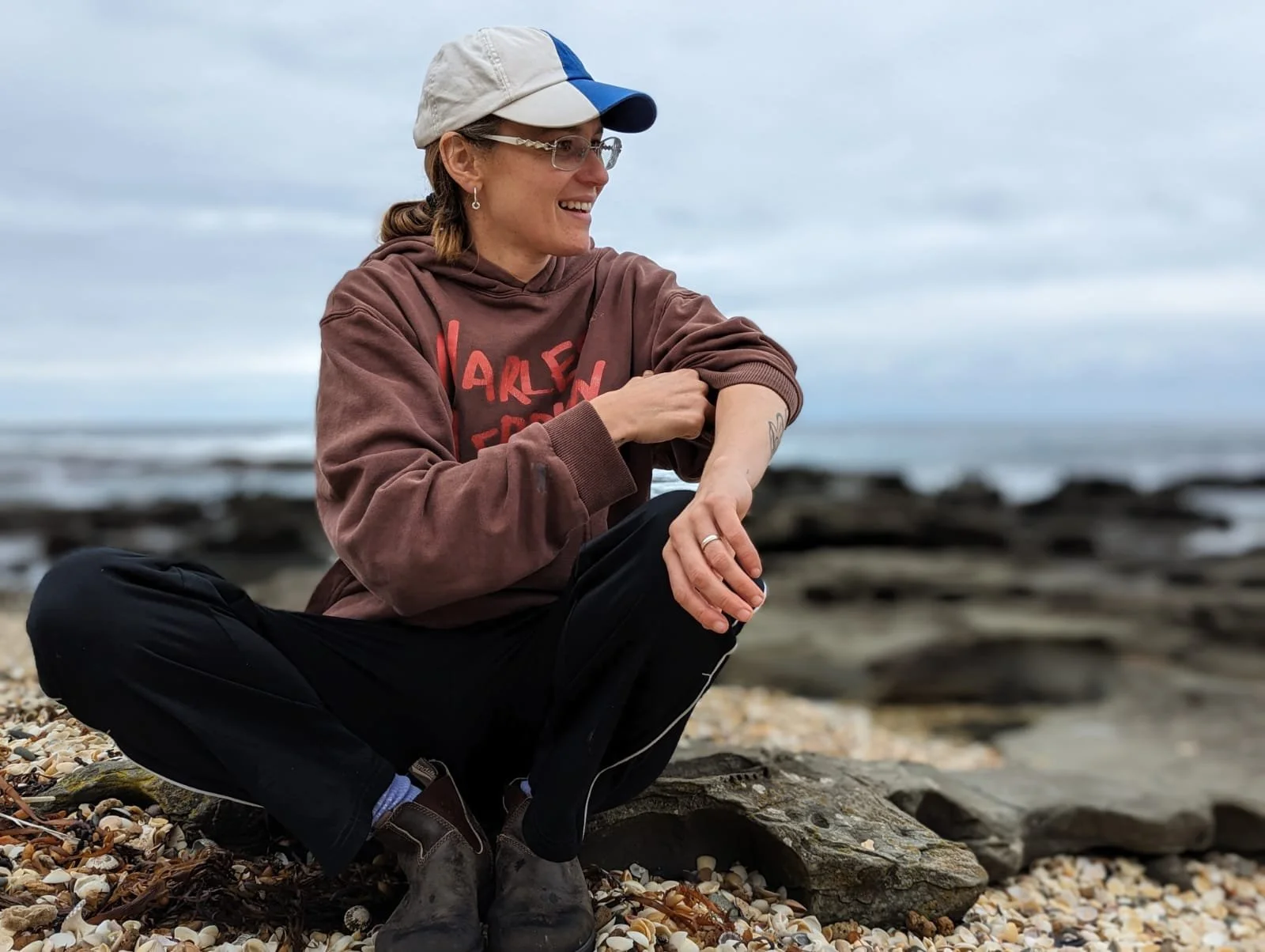Lockdown Survival Tip 2: Face Masks - How to Make Them Kid Friendly
Throughout this global pandemic Victorians have put in a massive effort to overcome the spread of Covid 19. While staying the distance is ever important, the impacts of lock down laws are affecting the mental health of many, including children. One factor that adds to the struggle is the use of face masks.
There are now numerous strands of evidence supporting the efficacy of face masks in reducing the spread and severity of Covid 19. The World Health orgnaisation recommends mask wearing for the general public. While its clear that this is a step that needs to be taken to control the disease, it is important to acknowledge the feelings of anxiety and fear it triggers in some children and adults.
Children can be very clear about their feelings of unease when adults wear masks: “Take that off!” But adults are more likely to hold panicky uncomfortable feelings inside, adding to the challenge. Polyvagal Theory helps to shed some light on our nervous system's reaction to mask wearing and why we may feel anxious and hyper-vigilant.
Renowned neuroscientist Dr Stephen Porges developed the Polyvagal Theory after years of research into the relationship between human physiology and social engagement. The theory provides an understanding of how our perceptions of risk and threat shift our physiological state into fight, flight or freeze responses. While a “neuroception” (feeling without conscious awareness) of safety enables our social engagement system, higher functioning processes and creativity.
Our sense of safety and connection is directly linked our interpreting of the facial expressions and vocalisations in the world around us. This explains why the removal of facial expressions and muffled vocalisations by the use of masks can trigger a sense of fear, anxiety and alertness or social withdrawal. For children and particularly those children who have a history of trauma these feelings may be exacerbated.
Masks are an important feature in managing the spread of Covid 19 and are likely to be around for some time. Here are some tips to help kids feel more comfortable and safe with masks:
Give kids the option to wear a mask themselves. The feelings of fear from all the adults in the world wearing masks can be reduced if they have the choice to wear one themselves.
Buy masks that have bright colours and fun prints. Ask your kids to help you choose which mask to wear each time you go out. Does your mask match your outfit or your feeling?
Before each outing ask your kids to observe all the different masks that people are wearing and identify their favourite. What did they like about their favourite mask?
Talk about legends in masks. Superheros, ninjas and knights wore masks. When you go out, pretend play that you are a masked legend and make them laugh.
Acknowledge your feelings and theirs. Kids are really good emotional detectives and when your words don't match your inner feelings, they know. It is best to be honest about how you are feeling and highlight that it is ok to have these feelings.
If you have a toddler play Peek-a-Boo with your mask. Drop your mask down to reveal a cheesy grin or a silly face.












